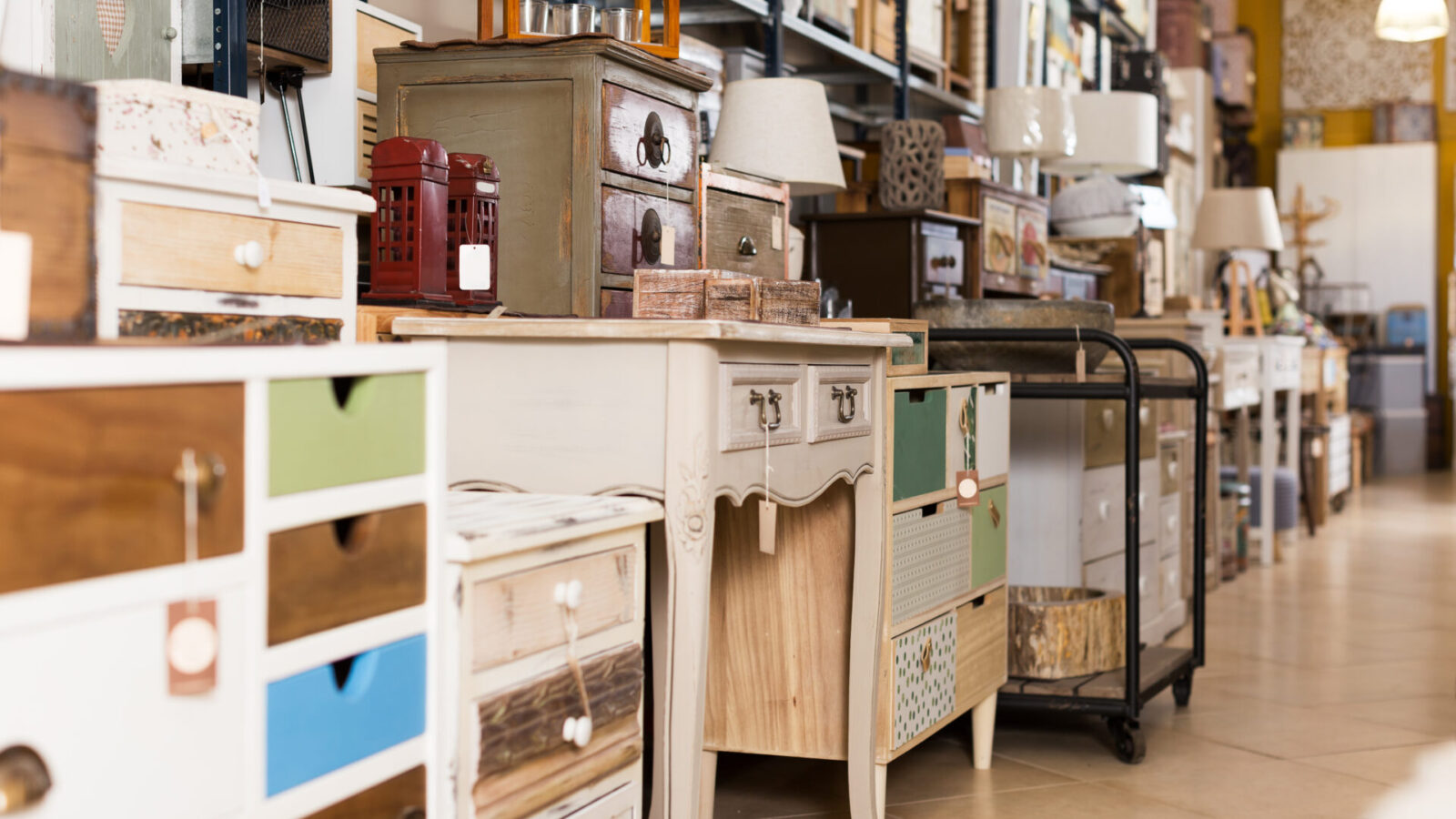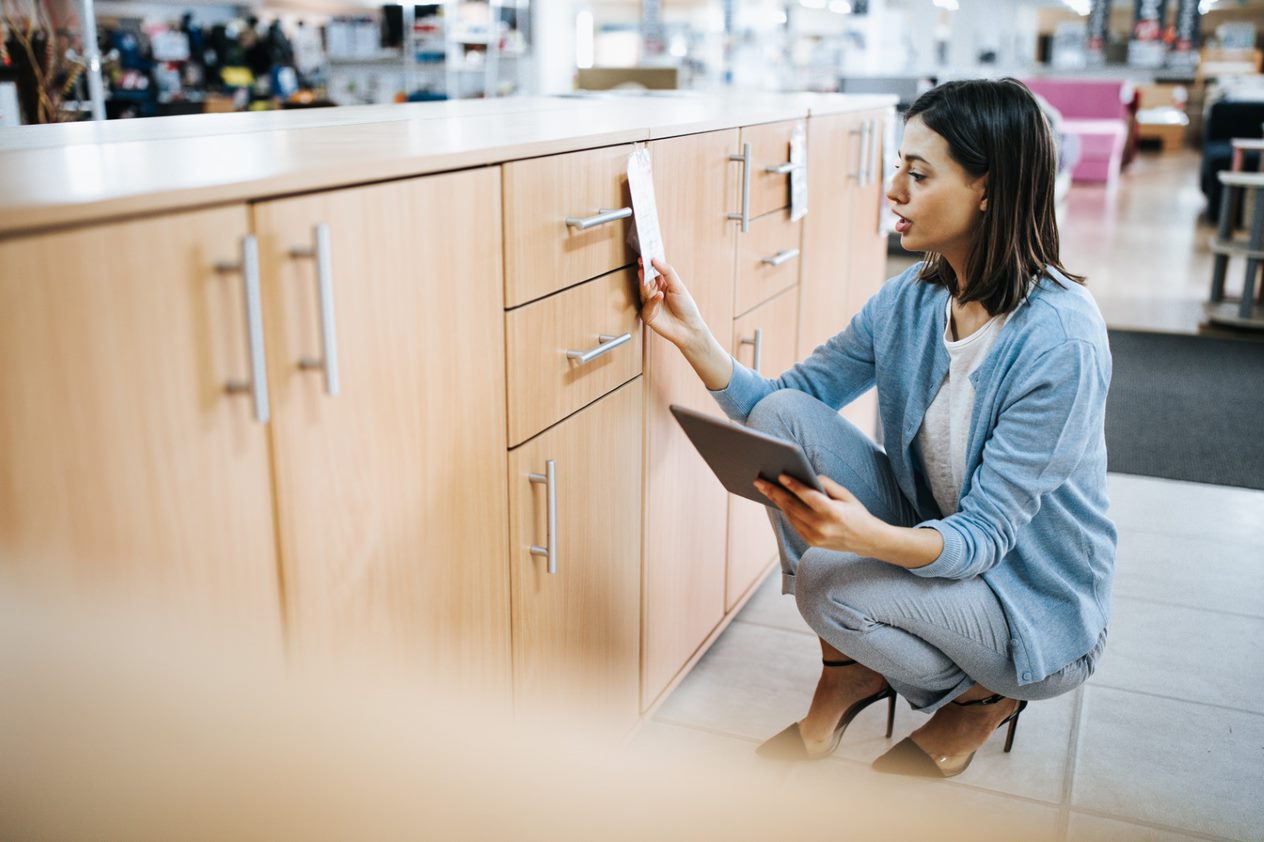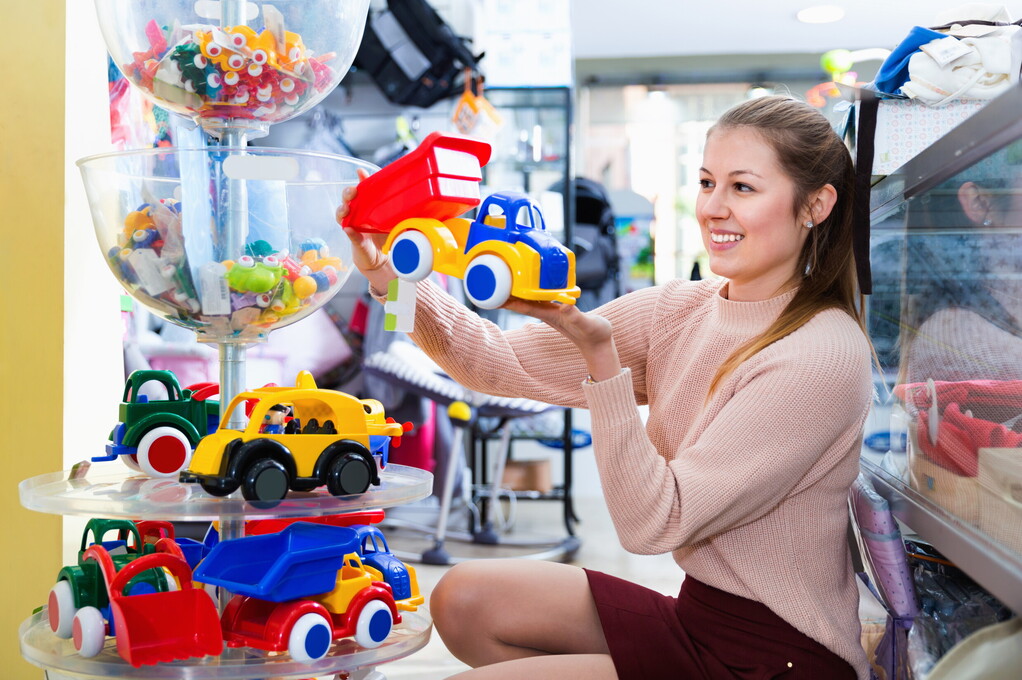Our sectors
Furnishings, building products and materials, DIY and garden items, toys: the four Extended Producer Responsibility (EPR) channels for which Ecomaison is the state-approved eco-organization, are each governed by the French Anti-Waste for a Circular Economy(AGEC) law.
Whether they are more than 10 years old, like the Furniture sector , or more recent, all EPR sectors contribute to the success of a production and consumption model based on reuse, repair and recycling.
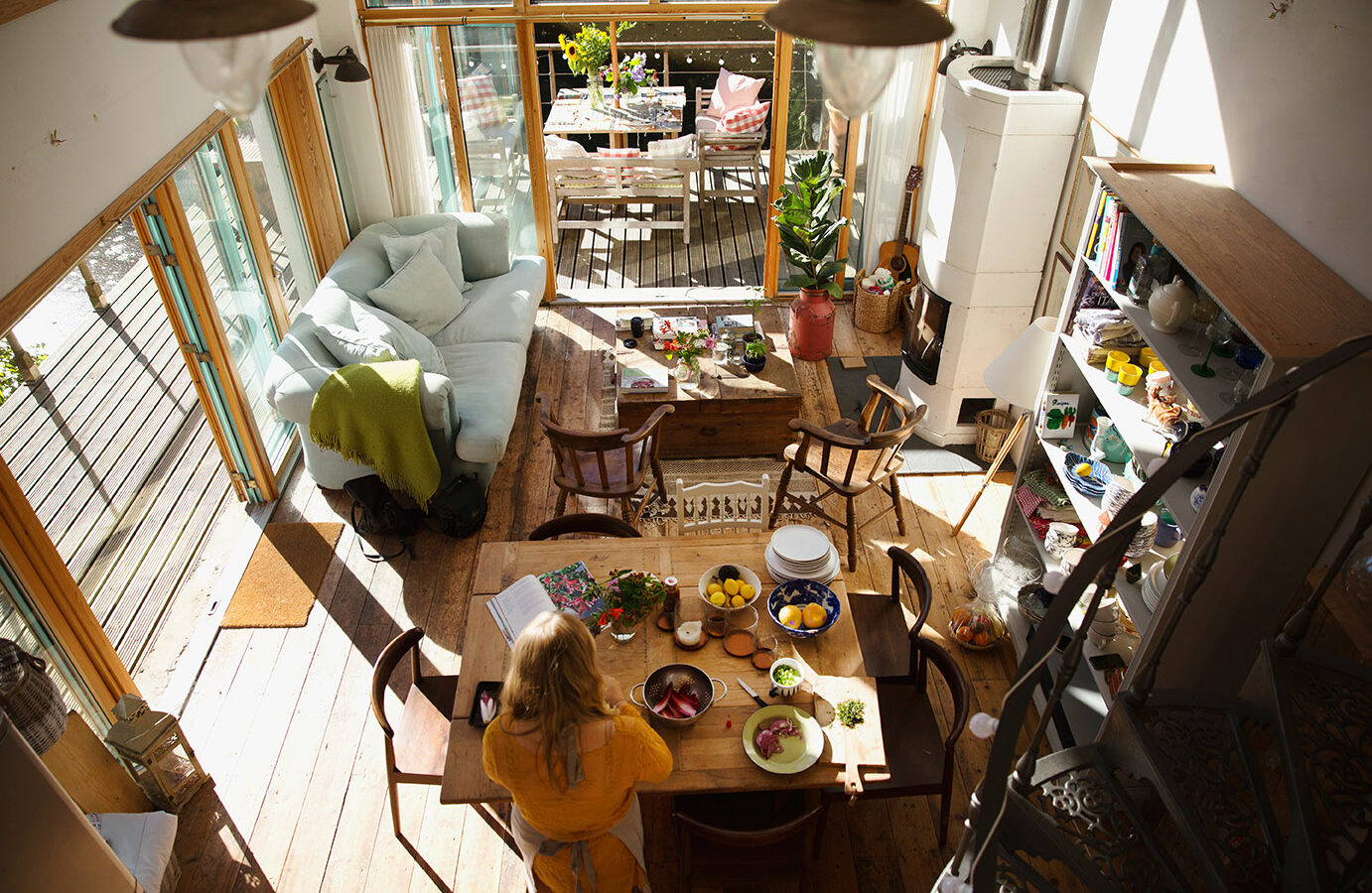
Furnishing components, a cutting-edge industry
Before the creation of the Waste from Furnishing Elements (WEEE) scheme in 2011, 55% of end-of-life furniture was landfilled. Today, Ecomaison handles almost 90% of all discarded furniture in France, 97% of which is recovered through reuse, recycling or energy recovery.

A central, driving role
The furniture sector was established by the Grenelle II law and is now governed by the Anti-Waste for a Circular Economy law (AGEC). Ecomaison is the first government-approved eco-organization. We created and deployed this sector, which has always been our core business. Our accreditation has been renewed for the period 2024-2029.
Which products are concerned?
The scope of the Furnishings sector has been extended over the years to include new household products such as comforters and pillows, storage boxes and, since 2023, textile decorative items such as carpets and curtains.
- Indoor and outdoor furniture: table, chair, sofa, wardrobe, footstool, hammock, cat tree, ironing board, footrest, baby chair, children's observation tower, swing or deckchair, pencil pot, wastebasket, laundry basket, dustbin, toilet brush holder, footrest...
- Bedding and sleeping equipment: slatted frames, cribs, cradles, box springs, mattresses (including inflatable and garden mattresses), mattress toppers, comforters, pillows, comforters, sleeping bags...
- Design elements: dressing room, furniture fronts and doors, worktops, panels, shelves, racks, baskets, boxes...
- Textile decoration elements: curtains, sheers, rugs, doormats, removable event carpets, blinds, macramé, decorative fabric garlands, textile wall decoration frames...
- All accessories for the above products.



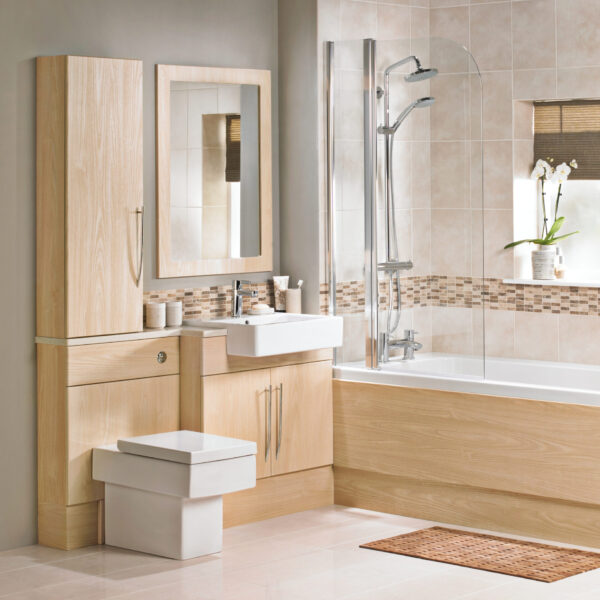

Our eco-participation rates
Ecomaison's eco-participation rates are modulated according to the recyclability of products and materials, the sustainable management of resources and the durability of products.

Specificity of textile decoration elements
This is not a new re-use and recycling channel, but the 12th product category integrated into the Furniture channel, which comes into force on January1, 2023.
For this category of products, marketers have the same regulatory obligations as for other products covered by the Extended Producer Responsibility (EPR) scheme for furnishing elements.
Ecomaison exceeds its collection and recycling targets
The French government sets performance targets for collection and recovery in its approval specifications. These are set in proportion to the approved eco-organization's market share, and to the annual volumes placed on the market by producers:
- Collection rate: 45% in 2024, 48% in 2026 and 51% in 2028
- Recycling rate: 90% in 2024, 92% in 2026 and 94% in 2028
The furniture industry in figures
9 590
membership contracts to end 2024
2,6
Millions
of tonnes of furniture placed on the market
10 110
collection points accessible to households
1,5
million
of tonnes of furniture handled
97
%
of recovery (reuse, recycling, energy recovery)
What are the challenges facing the furniture industry?
The successes achieved in terms of collection and recycling must now be extended to reuse and repair. This is why Ecomaison works hand in hand with all its partners:
- The aim is to encourage material-by-material collection at drop-off centers and other collection points, where wood, plastics, foam and metal can be sorted separately... Better sorted, materials are better recycled. An initiative made all the more relevant by the fact that Ecomaison is accredited for three other sectors, which are also sources of wood, plastics, foam and metal.
- To encourage preserving collection, carried out by retailers in particular as part of their take-back program. Furniture in good condition is donated to the Social and Solidarity Economy for re-use.
- To encourage repair, with the introduction of the Repair Bonus and the possibility for chains to label their repair services.
- To go further towards the circular economy, by innovating in eco-design, recycling performance and the incorporation of recycled materials in new products.
Ecomaison's mission
Ecomaison's mission is to deploy them:
- We organize the collection, sorting, repair, reuse and recycling of household objects and materials to give them a second life.
- We offer services and solutions for private individuals to find out what to do with used objects and materials, and for professionals to meet their regulatory obligations and act in favor of a more virtuous circular economy.
Further information
Publications
Find all the resources produced by Ecomaison to make it easier for you to use its services: schedules, rates, contracts, user guides, webinars...
Contact us
From Monday to Friday, 9am to 5pm, our advisors are on hand to answer all your questions: call them on 0811 69 68 70 (5 cts per call + price per call).
A new sector for a more virtuous industry!
The Building Products and Materials (PMCB) family is one of the sectors subject to Extended Producer Responsibility, instituted by the French Anti-Waste for a Circular Economy Act (AGEC). It has been in force since January1, 2023. Ecomaison is approved for non-inert products and materials (wood, joinery, plaster, etc.).

We work with professionals to help them understand the building sector and its challenges, as well as to help them meet their regulatory obligations and play their part in the circular economy. Over the course of 2023, Ecomaison has pursued two major avenues of development for the fledgling sector:
- Bringing companies into line with the May 2023 application of an eco-participation scale modulated according to product recyclability,
- Equipment for DIY and trade outlets.
An extraordinary building industry
The building products and materials sector is unusual in many respects: more than 42 million tonnes of waste generated every year, hundreds of product and material references, a market of more than 380,000 companies, 365,000 of which are craft businesses, and a strong expectation on the part of craftsmen that collection points should be accessible free of charge (provided that the waste is sorted).
The building industry in figures
1 760
membership contracts to end 2024
148.000
tonnes of building products and materials collected
Which products are concerned?
These include products and materials, including wall, floor and ceiling coverings, which are intended to be incorporated, installed or assembled permanently in a building, or used for building-related improvements on the site, including those relating to vehicle parking, with the exception of products and materials used solely for the duration of a building site.
Category 1: inert materials
- Slate
- Concrete and mortar or contributing to their preparation
- Ceramics
- Lime
- Aggregate
- Bituminous mixtures or their preparation (excluding membranes)
- Limestone, granite, sandstone and lava stones
- Baked or unbaked clay
- Other products and materials of mineral origin
Category 2: non-inert materials
- Wood
- Glass wool, rock wool
- Materials of plant or animal origin
- Metal
- Bituminous membranes
- Joinery incorporating glass, glazed walls and related construction products
- Mortars, coatings, paints, varnishes, resins (only products not covered by the EPR scheme for specific waste)
- Plastics
- Plaster
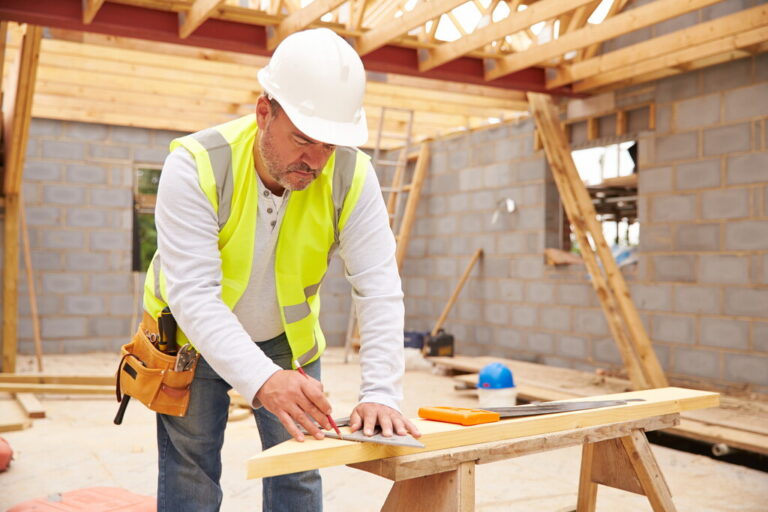
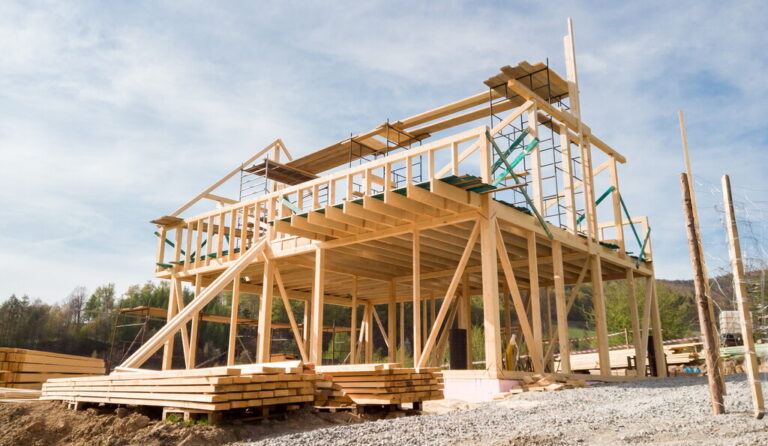
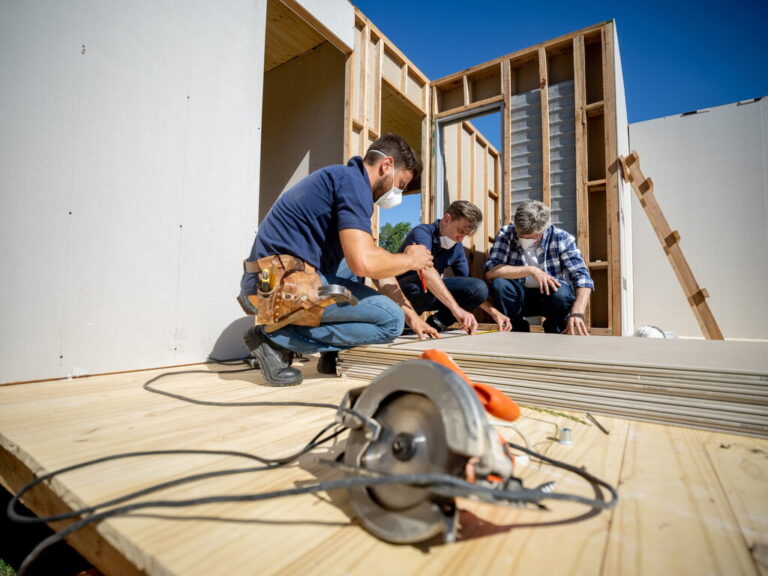
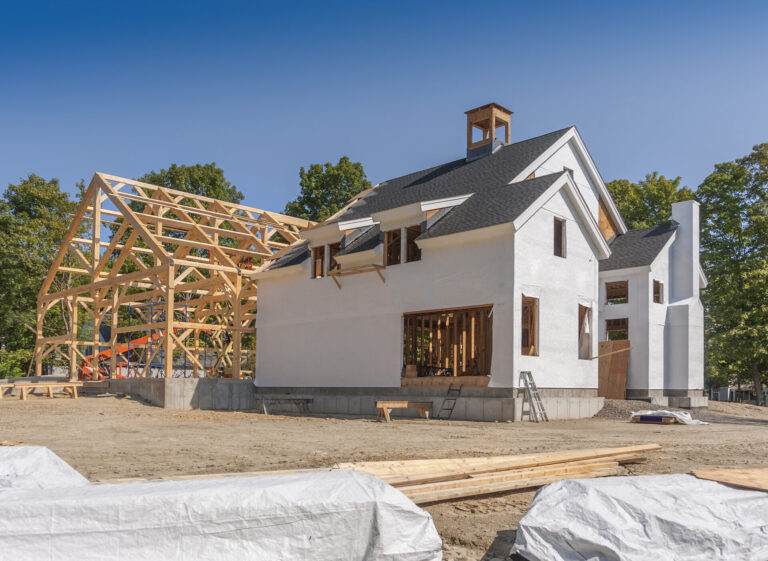

Our eco-participation rates
Ecomaison's eco-participation rates are modulated according to the recyclability of products and materials, the sustainable management of resources and the durability of products.
One-stop shopping for 2 categories of products and materials
Ecomaison has a cross-cooperation agreement with the eco-organization Ecominéro, approved for category 1. As a result, Ecomaison and Ecominéro offer professionals the possibility of joining both categories, on their respective platforms, to take charge of all building materials.
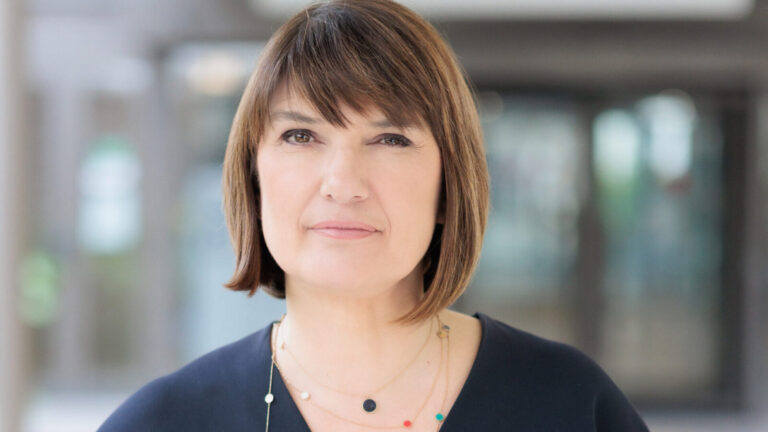
"Providing a regulatory and operational response to both inert and non-inert categories is in line with our desire to offer members and their distributor customers, both craftsmen and private individuals, comprehensive and straightforward solutions."
Dominique Mignon, President of Ecomaison
What are the challenges facing the construction industry?
With the launch of this new sector, Ecomaison faces a number of challenges at the same time, such as the deployment of collection points, ensuring that companies comply with regulations, and the organization of waste processing....
To support distributors and retailers, Ecomaison is working on several projects:
- Deploying recovery sites
- Equipping stores with skips for specific materials
- The development of an adapted service offer for craftsmen: free access to collection points provided that waste is sorted beforehand, provision of skips on worksites, etc.
In parallel with its actions, to meet the objectives set by the accreditation specifications, Ecomaison is calling on the public authorities to rebalance collection targets by material and to smooth the deployment trajectory of the building sector. Progressivity is essential if the sector is to be economically sustainable for companies in the sector, and allow investment in industrial solutions for recycling this waste.
Ecomaison's mission
Ecomaison's mission is to deploy them:
- We organize the collection, sorting, repair, reuse and recycling of household objects and materials to give them a second life.
- We offer services and solutions for private individuals to find out what to do with used objects and materials, and for professionals to meet their regulatory obligations and act in favor of a more virtuous circular economy.
Focus on re-use
Ecomaison is conducting experiments on renovation sites, particularly former offices. The idea is to integrate the project from the outset and propose a recovery solution combining furniture and building materials, directing them towards reuse.
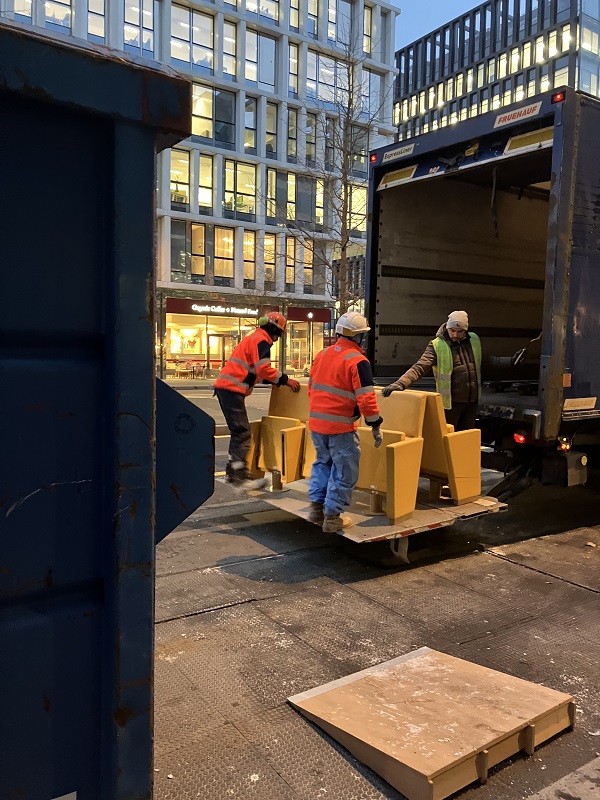
OCAB, the coordinating body for the building industry
In addition to Ecomaison, three other eco-organizations have been approved for the building sector. To coordinate their work and share out their obligations, a coordinating organization dedicated to the building sector, the OCAB, has been created. Its purpose is to offer a facilitating solution to :
- Local authorities, by offering them a one-stop shop for their contracts with eco-organizations;
- Building professionals, in particular by drawing up common, harmonized waste sorting instructions and providing a map of collection points;
- Individuals with building waste who can use the map to easily find a site to dispose of their waste.

Who's concerned?
A producer and/or marketer is any natural or legal person who, on a professional basis, manufactures, assembles, imports or places on the national market products or materials intended for the construction or renovation of a building or home.
Eco-participation funds the building industry
Producers and marketers pay an eco-participation fee to Ecomaison for each item placed on the market. This sum is used to organize the entire collection, sorting, reuse, repair and recycling circuit, in line with their regulatory obligations under the Extended Producer Responsibility scheme.
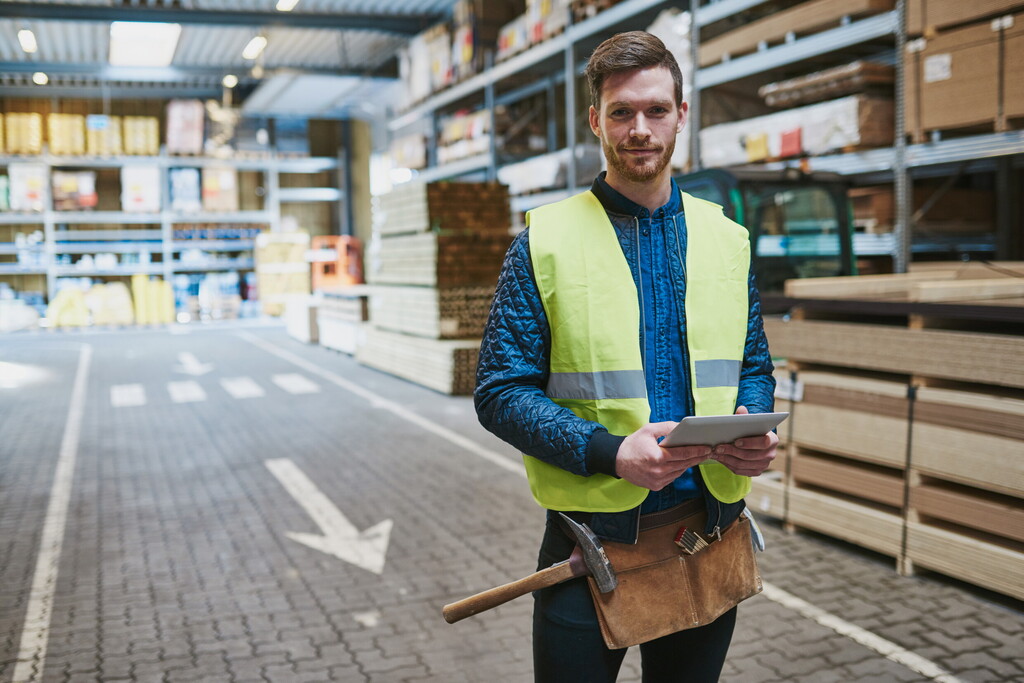
Further information
Publications
Find all the resources produced by Ecomaison to make it easier for you to use its services: schedules, rates, contracts, user guides, webinars...
Contact us
From Monday to Friday, 9am to 5pm, our advisors are on hand to answer all your questions: call them on 0811 69 68 70 (5 cts per call + price per call).
Do-it-yourself and gardening sector: reuse and recycling on the rise
For producers and distributors of DIY and garden products, the introduction of this new Extended Producer Responsibility (EPR) channel is scheduled for 2022. The first step taken by Ecomaison was to structure the sector, from bringing companies into compliance to organizing the collection of used products.
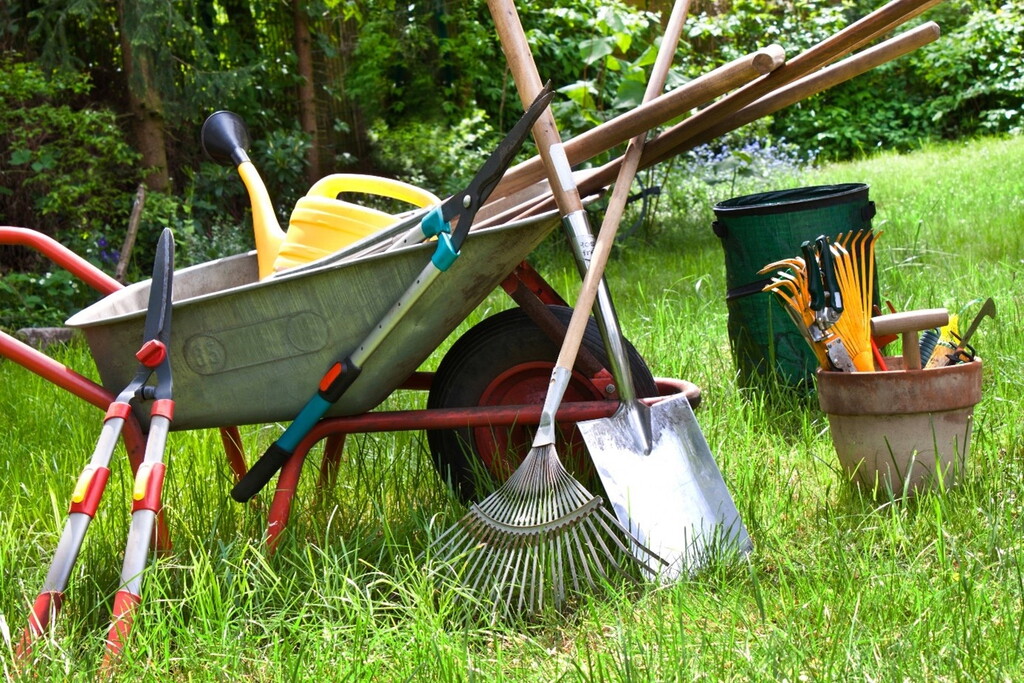

Redesigned collection systems
The Brico-Jardin sector has the particularity of having a highly diversified range of products, from screwdrivers to garden sheds, from small items to very large ones.
Ecomaison has therefore worked with its members to come up with suitable collection solutions, such as pallet-boxes, to facilitate in-store take-back and collection at waste collection centers.
The Brico-Jardin sector in figures
2 260
membership contracts to end 2024
351 000
tonnes of do-it-yourself and garden products on the market
4 550
dedicated collection points
Which products are concerned?
Do-it-yourself and garden items (DIY) covered by the Extended Producer Responsibility scheme fall into 4 categories(French Environment Code R. 543-340).
Ecomaison is approved for categories 3 and 4:
Category 3:
- DIY equipment
- Hand tools
Category 4:
- Products and equipment for garden maintenance and landscaping
- Accessories for these products fall into the relevant category.
Painter's tools and motorized thermal or electric equipment are not included in these product categories.

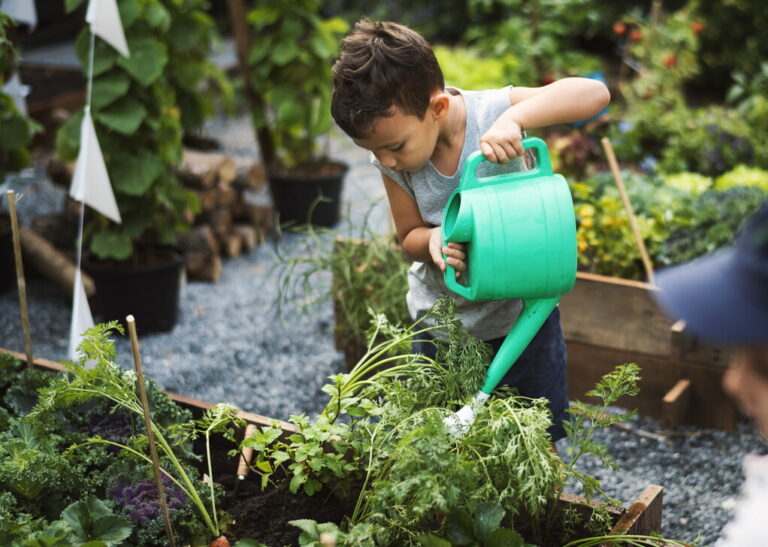
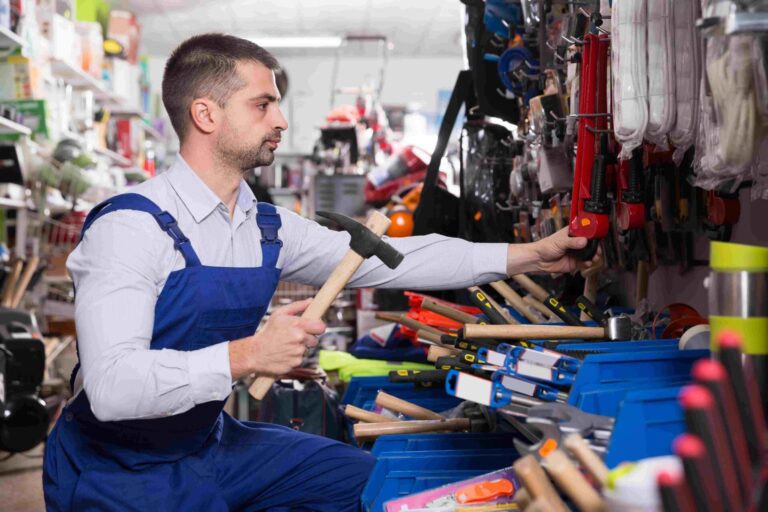
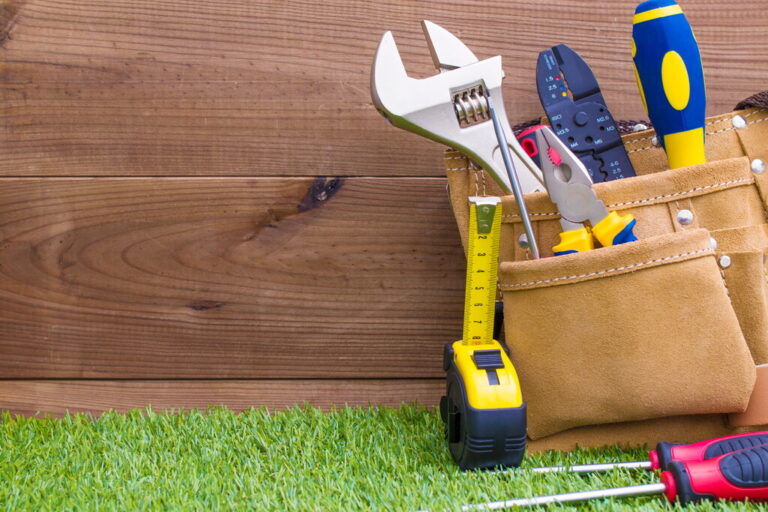

Our eco-participation rates
Ecomaison's eco-participation rates are modulated according to the recyclability of products and materials, the sustainable management of resources and the durability of products.
What are the challenges facing the DIY gardening sector?
Setting up this sector has meant innovating in terms of collection, raising awareness among associations to promote reuse, and designing a repair offer that is relevant to consumers' needs. In this way, Ecomaison has supported its members in achieving their objectives by developing :
- Setting up a network of certified repairers to meet a specific demand: sharpening cutting and pruning tools, repairing parasols and barbecues.
- The provision of palletboxes, dedicated containers for the return of small products. More than 15,000 have been installed in stores by 2023 at 900 distributors, 1,400 public drop-off centers and 40 professional drop-off centers;
- Raising the awareness of Social and Solidarity Economy structures, so that they develop a re-use offer for tools and DIY garden products, which are particularly prized by their customers and beneficiaries;
Ecomaison's mission
Ecomaison's mission is to deploy them:
- We organize the collection, sorting, repair, reuse and recycling of household objects and materials to give them a second life.
- We offer services and solutions for private individuals to find out what to do with used objects and materials, and for professionals to meet their regulatory obligations and act in favor of a more virtuous circular economy.
OCABJ, the industry's coordinating body
In addition to Ecomaison, another eco-organization has been approved for the DIY-Garden sector. To coordinate work and share obligations with Ecomaison, a coordinating organization dedicated to the DIY-Garden sector, the OCABJ, has been created. Its purpose is to offer a facilitating solution to :
- Local authorities, by offering them a one-stop shop for their contracts with eco-organizations;
- Professionals, notably through the development of common, harmonized waste sorting instructions and the provision of a map of collection points;
- Individuals with construction waste who can use the map to easily find a site to dispose of their products.
OCABJ also coordinates the furniture sector, for which two other eco-organizations have been approved.
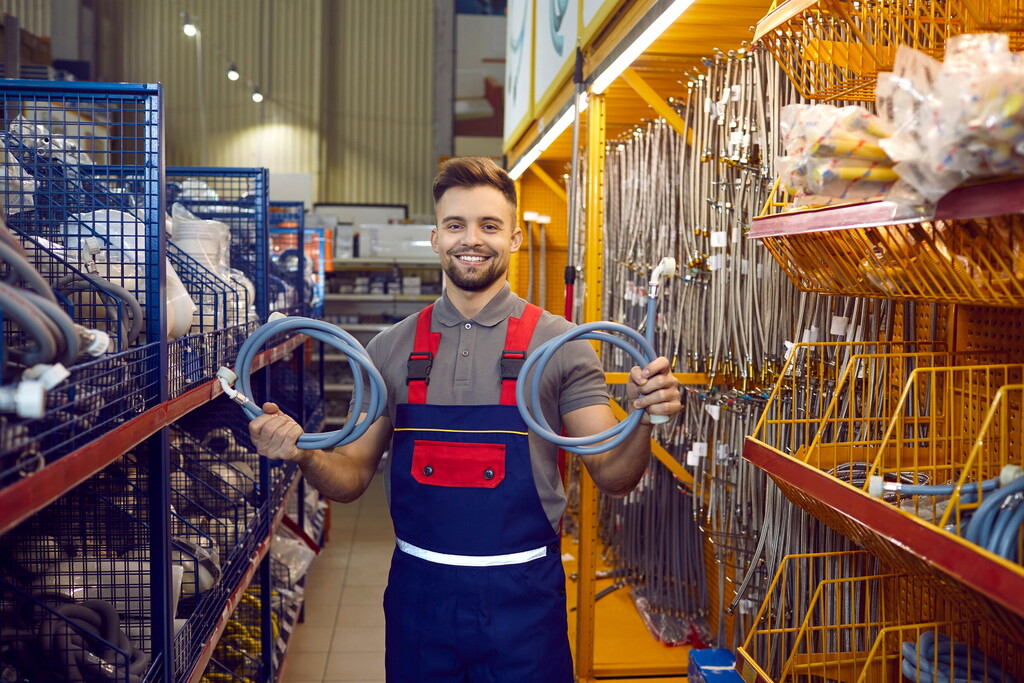
Who's concerned?
A producer and/or marketer is any natural or legal person who, on a professional basis, manufactures, assembles, imports or markets do-it-yourself and garden products intended for sale to end-users, whether free of charge or in return for payment, through any sales channel whatsoever, or for direct use on national territory. Where items are sold under the sole brand name of a reseller, the reseller is considered to be the marketer.
Eco-participation funds the DIY and gardening sector
Producers and marketers pay an eco-participation fee to Ecomaison for each item placed on the market. This sum is used to organize the entire collection, sorting, reuse, repair and recycling circuit, in line with their regulatory obligations under the Extended Producer Responsibility scheme.
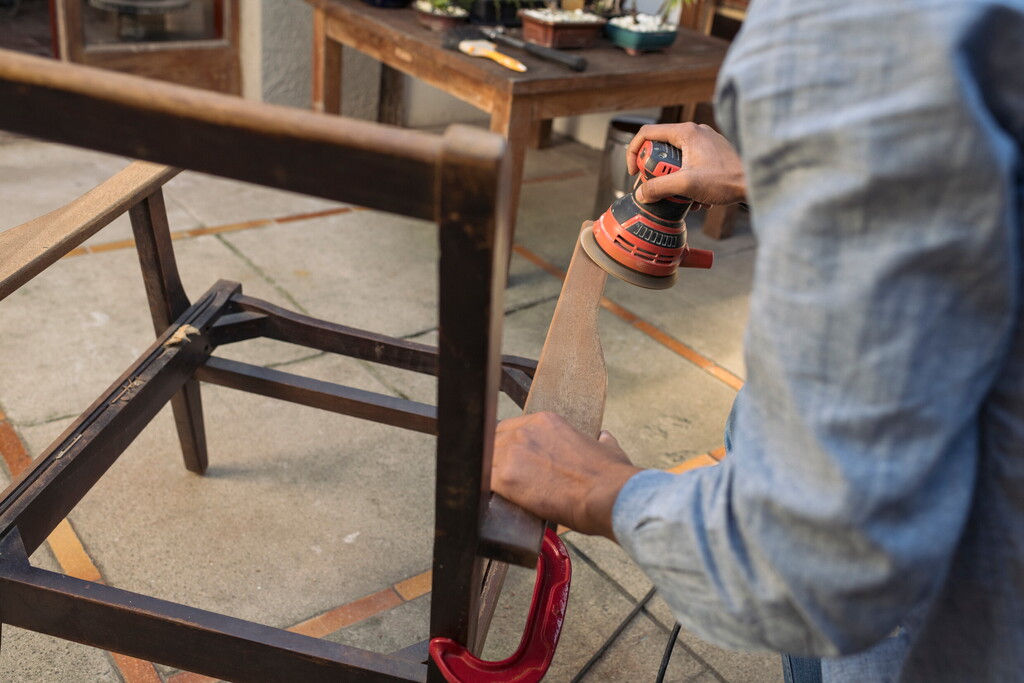
Further information
Publications
Find all the resources produced by Ecomaison to make it easier for you to use its services: schedules, rates, contracts, user guides, webinars...
Contact us
From Monday to Friday, 9am to 5pm, our advisors are on hand to answer all your questions: call them on 0811 69 68 70 (5 cts per call + price per call).
The Toy industry, a gas pedal for re-use and innovation
Toys are one of the sectors subject to Extended Producer Responsibility, instituted by the French Anti-Waste for a Circular Economy Act (AGEC). This law has been in force since 2022. Ecomaison is the only government-approved eco-organization for this sector.
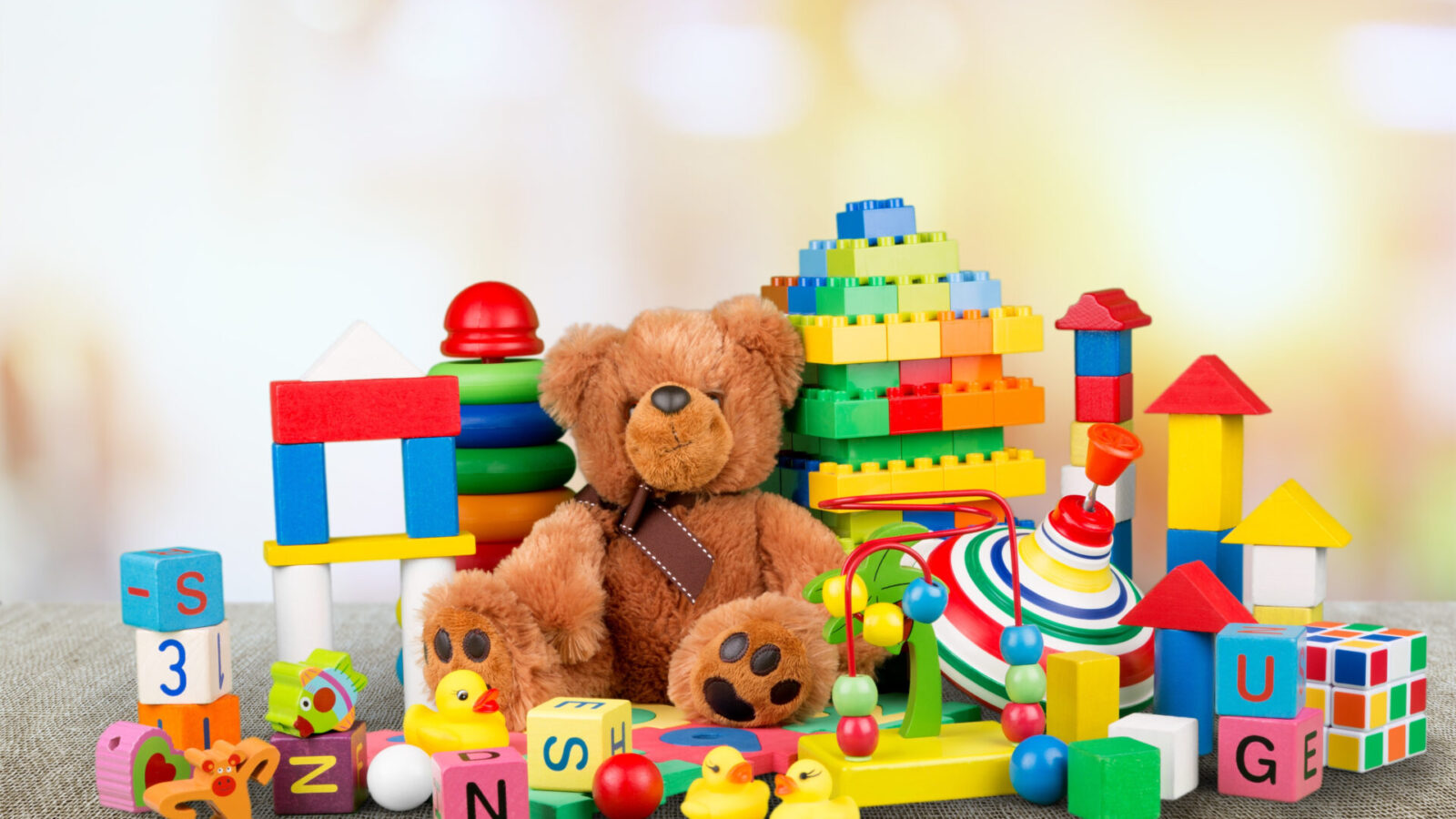
As soon as the law establishing the sector was published, toy manufacturers and retailers joined forces with Ecomaison to make it an exemplary sector, particularly in terms of re-use and innovation. This dynamic was underpinned by almost two years of upstream consultation with companies and trade federations, enabling a rapid, structured launch as soon as the sector was officially announced.
What is REP Jouets?
Extended Producer Responsibility (EPR) for toys is an extended responsibility scheme set up to meet the environmental challenges posed by the end-of-life of toys. Since 2022, toy producers, importers and distributors have been obliged to finance or organize the management of waste from the items they place on the market. This measure is part of the AGEC law, with the aim of promoting waste reduction, reuse, repair and recycling of used toys. By entrusting the implementation of this obligation to an approved organization like Ecomaison, the companies concerned are contributing to a more circular economy, by limiting the environmental impact of their products throughout their life cycle.
Eco-contribution: a lever of responsibility for toy producers
As part of the EPR program for toys, producers are obliged to pay an eco-contribution for each toy placed on the market. This amount is used to finance the collection, sorting, reuse and recycling of used toys. This is an essential mechanism in the EPR chain, which makes companies responsible for the environmental impact of their products. In practical terms, marketers can entrust this obligation to an approved organization such as Ecomaison, which takes care of the operational management of the sector, from setting up collection solutions to waste treatment. The eco-contribution varies according to a number of criteria, such as the materials used, the weight of the toy, or the ease of recycling, thus encouraging manufacturers to design more sustainable, eco-designed products.
Towards a second life for toys: reduction, reuse and recycling at the heart of EPR
The EPR toys sector aims to transform our consumption habits by giving a second life to unused items. Thanks to the mechanisms put in place by our model, used toys can now be collected, sorted and directed towards appropriate solutions:
- repair,
- reuse via solidarity structures,
- recycling of materials (plastic, metal, textiles, etc.),
- treatment and recovery (excluding recycling).
The aim is clear: to reduce the volume of waste landfilled or incinerated, while limiting the extraction of new resources. This circular model makes it possible to recover end-of-life products, prolong their use and limit their impact on the environment, while creating a more sustainable local economy based on solidarity.
EPR toys in figures for May 2025
+
1,6
millions
from tonnes collected in 2023
150.000
Tons of toys put on the market
6000
collection points (permanent and seasonal)
38 000
Tonsor 85 million toys handled by Ecomaison in 2024
1
toy on 2
collected by associations is channelled into re-use
Which products are covered by EPR Toys?
Toys, as defined inarticle 2 of decree no. 2010-166 of February 22, 2010 on toy safety, which refers in particular to "products designed to be used, exclusively or otherwise, for play purposes by children under the age of fourteen, or intended for this purpose", as well as models, puzzles and board games.
In practice, these include :
- Outdoor games,
- Indoor games (dolls, plush, construction, action games, etc.),
- Board games and puzzles,
- Toy gifts (defined as a toy distributed free of charge to the consumer as part of the sale of another product, such as a children's meal or a magazine).
Some products are not covered by the Toys sector!
Battery-operated toys, whether electric or electronic, which can cause fires in sorting centers, writing and drawing materials, sports and leisure articles, and pet toys.
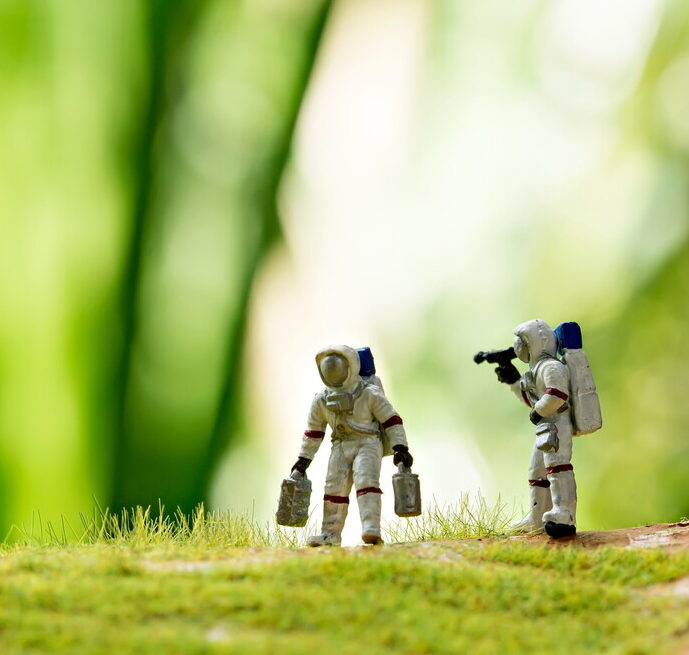
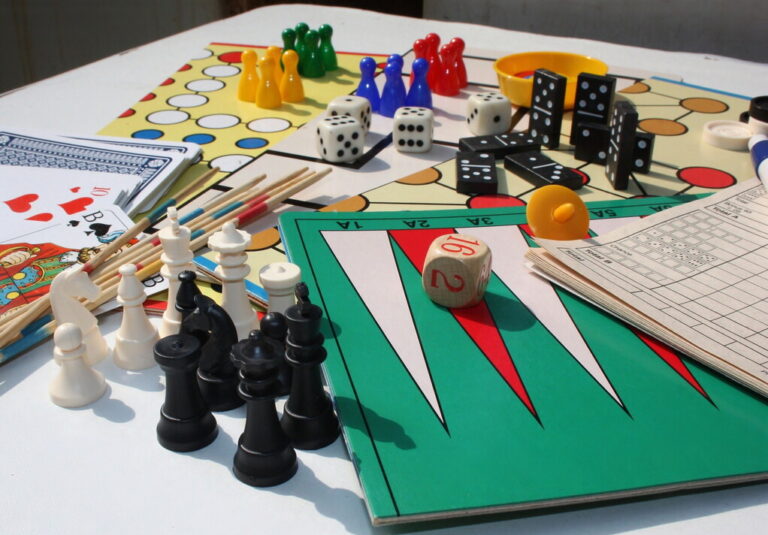
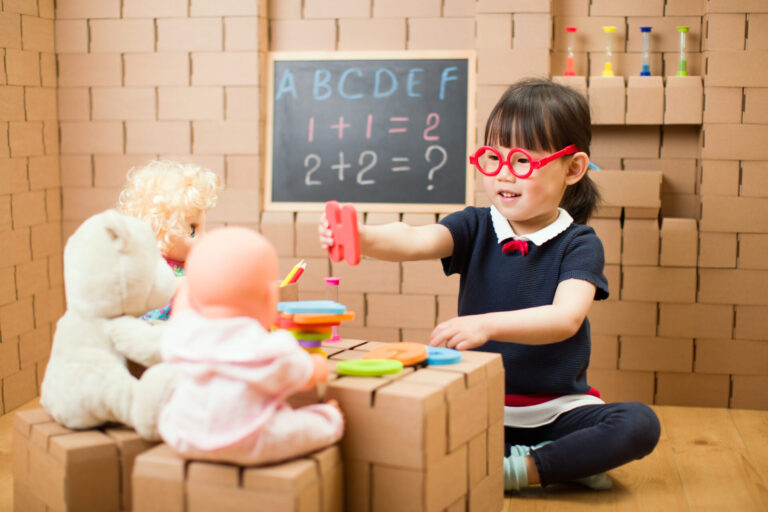
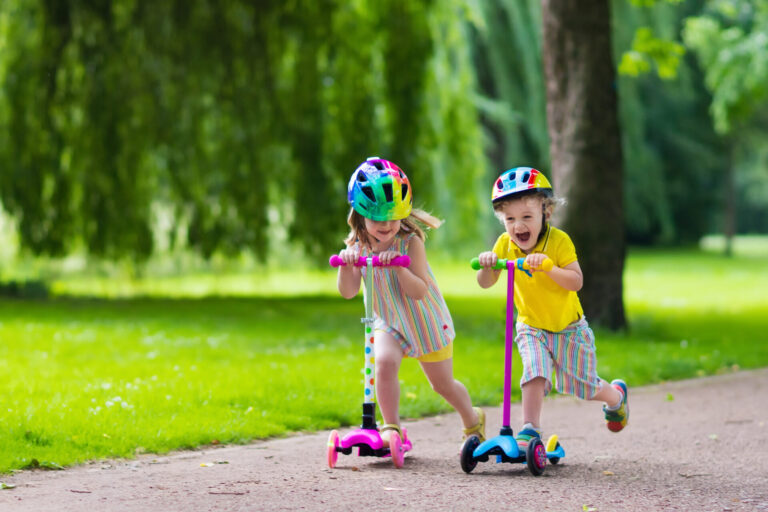

Our eco-participation rates
Ecomaison's eco-participation rates are modulated according to the recyclability of products and materials, the sustainable management of resources and the durability of products.
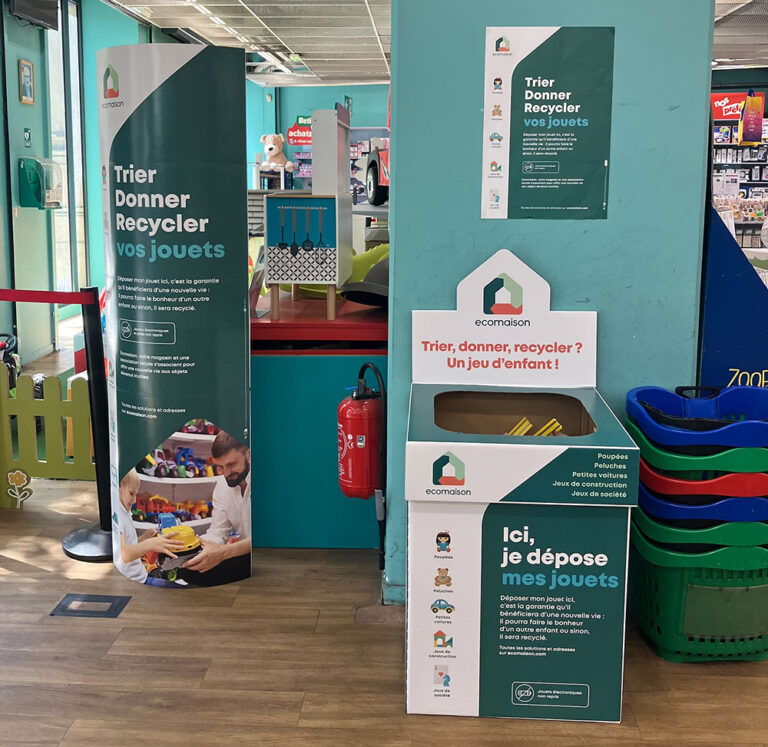
A flying start!
Launched in 2022, Ecomaison's aim was to equip as many collection points as possible with toy collection bins as quickly as possible. In just one year, over 1,500 public drop-off centers have been equipped.
The challenge was also to quickly get stores involved in the process of taking back used toys: 800 sales outlets - including specialist chains - were equipped with collection bins and signposting on sorting instructions.
At the same time, more than 360 agreements have been signed with associations and retailers to collect toys for recycling.
Toys, educational vehicles for solidarity donations and reuse
Right from the start, Ecomaison has organized a number of solidarity collection operations with a view to reuse. These are accompanied by educational initiatives focusing on donation, sorting and the second life of toys.
Ecomaison partners with :
- Emmaüs Défi, Refashion and the City of Paris: installation of double toy and textile collection bins in Paris town halls.
- Académie de Versailles: collection in nearly 200 nursery and elementary schools. The operation began in 2022 and is repeated every year for 3 months, from November to January.
- Ecosystem: in 2023, over 43,000 kilos of toys were collected in just a few days at more than 670 collection points throughout France, as part of the "Let your heart speak" operation.

A specific fund to support toy reuse, benefiting players in the social and solidarity economy, was launched in 2023.
Each year, it must represent more than 5% of the contributions collected by Ecomaison to finance the sector.
How does toy collection and recycling work?
Toy recycling depends first and foremost on collection. Before the creation of the toys EPR chain, even recyclable toys usually ended up in incineration or landfill, due to a lack of organized and financed collection. This is where the sector plays a decisive role: it finally makes it possible to set up a specific collection system for toys at the end of their life cycle, enabling them to be sorted and recycled.
When we talk about recycling, we're talking about toys that can no longer be used or repaired. These toys are sorted by type of material - plastic, cardboard, wood, etc. - to enable these materials to be recycled and integrated into the manufacture of new products. - to enable these materials to be recycled and integrated into the manufacture of new products.
The commitment of our partner Smoby is in line with this logic, as it is not involved in collection or sorting, but acts downstream, reintegrating recycled plastic from the sector into the design of its toys. A concrete step towards a circular economy.
Eco-participation funds the toy industry
Producers and marketers pay an eco-participation fee to Ecomaison for each item placed on the market. This sum is used to organize the entire collection, sorting, reuse, repair and recycling circuit, in line with their regulatory obligations under the Extended Producer Responsibility scheme.
What happens to the toys we collect?
Once collected from dedicated drop-off points, used toys follow a structured processing path within the EPR chain. Some are re-used when they are still functional, thanks in particular to partnerships with players in the social economy. Others are sent to sorting centers, where they are separated according to their composition: plastic, wood, metal, fabric, etc. These materials are then directed towards appropriate recycling channels, enabling the manufacture of new products while reducing the sector's carbon footprint. Thanks to this approach, EPR toys actively contribute to responsible waste management, the preservation of natural resources and the establishment of a concrete circular economy in the field.
What are the benefits of EPR Toys?
The introduction of EPR for toys, steered by Ecomaison, is helping to structure a more sustainable industry by encouraging the reuse and second life of products. It helps to reduce the sector's ecological footprint by limiting waste and extending the life of toys. The barometer carried out with Circana reveals that almost one French person in two buys or resells second-hand toys, illustrating the development of a dynamic market. This approach also helps to change behavior by giving consumers the keys to a better understanding of the impact of their choices, and to move towards more virtuous practices.
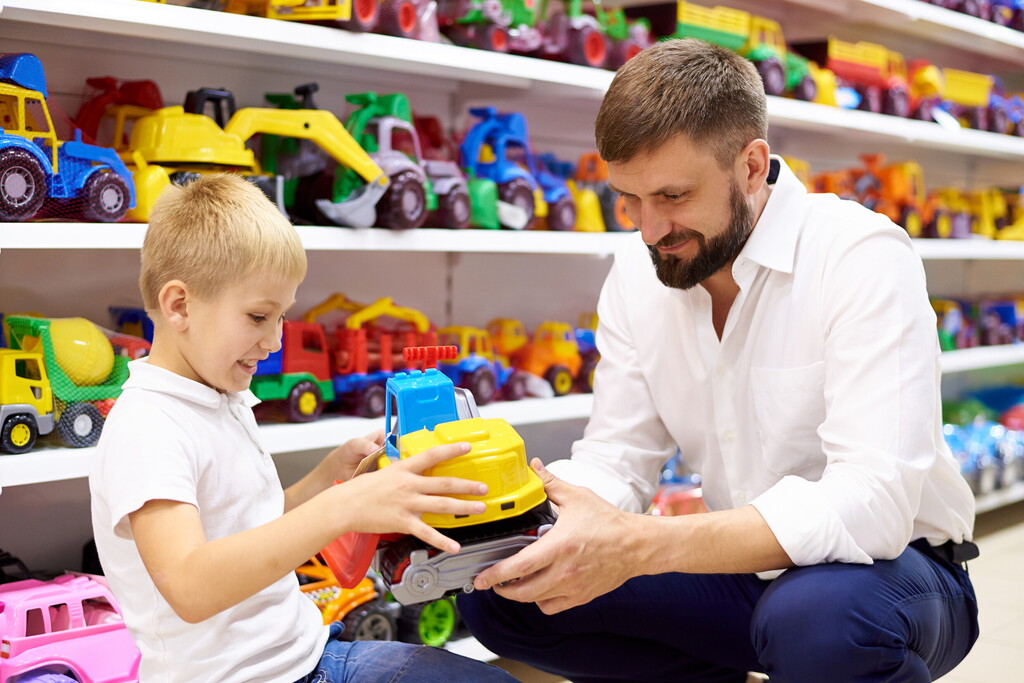
Further information
Publications
Find all the resources produced by Ecomaison to make it easier for you to use its services: schedules, rates, contracts, user guides, webinars...
Contact us
From Monday to Friday, 9am to 5pm, our advisors are on hand to answer all your questions: call them on 0811 69 68 70 (5 cts per call + price per call).
